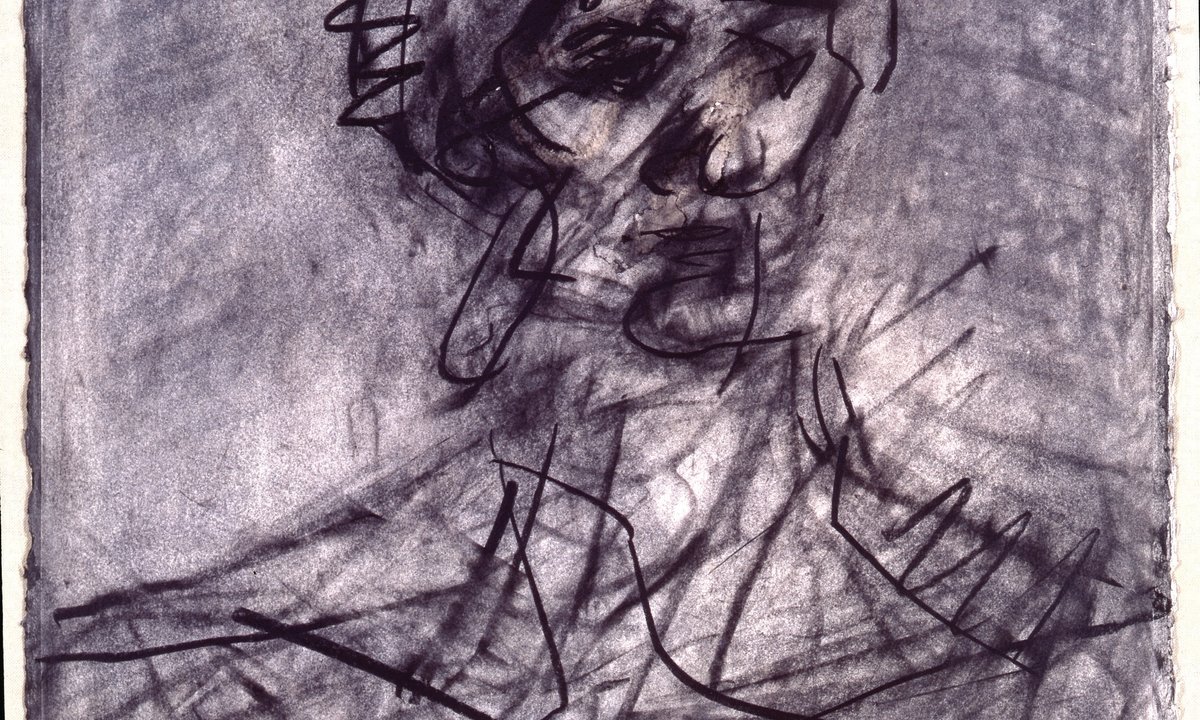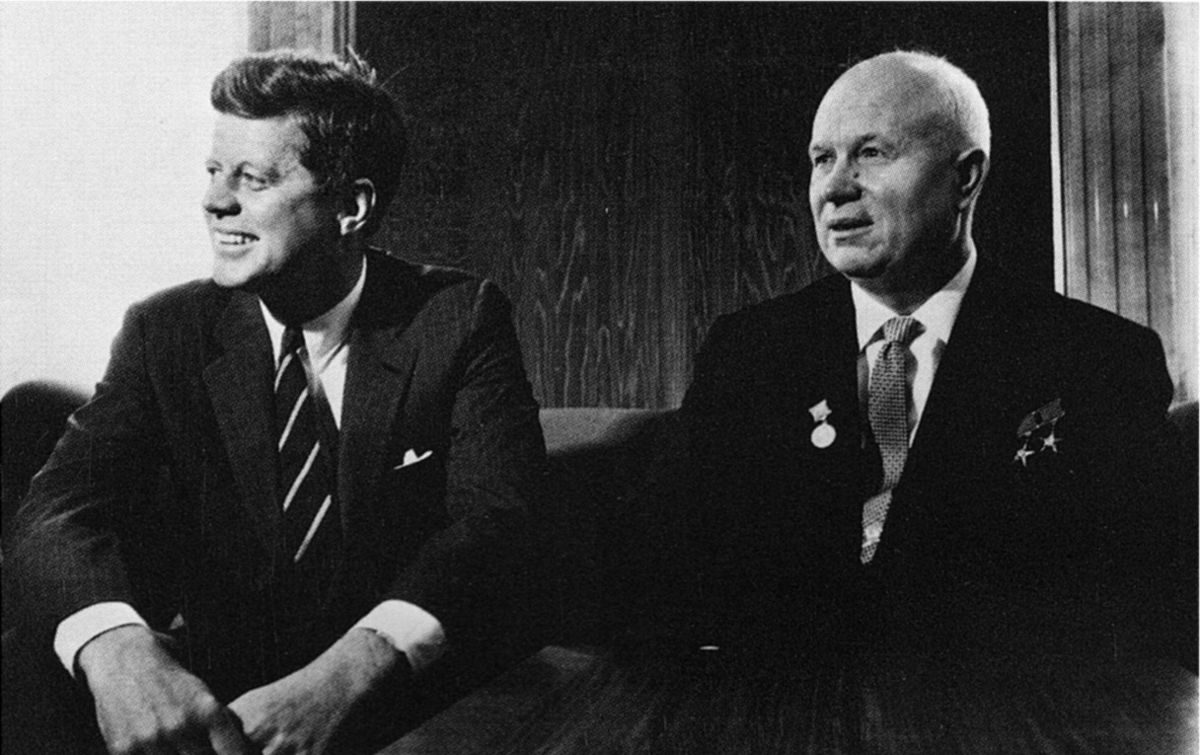A-Level Taster Lessons
Friday 19 January 2024

To mark the end of their GCSE mock exams, Year 11 experienced two days of A-Level taster lessons on 18 and 19 January.
As well as grappling with new concepts in their current subjects – and sampling several subjects that were entirely new to them – pupils also had the chance to enjoy some of the special Year 12 and 13 privileges, including wearing Sixth Form dress and making full use of the Bellman Coffee Shop.

As you can see from the summaries below, Year 11 were challenged and inspired by extremely thought-provoking, rigorous and dynamic lessons across the 28 subjects on offer at A-Level.
In Biology, students looked at the structure and properties of water, and its importance within living organisms and as an environment, as well as making the fluid mosaic model of a cell membrane in plasticine and producing stop motion videos of diffusion across the membranes.
In Business, students looked at the concept and role of entrepreneurs, creating and setting up a business, expanding and developing a business and the risks and challenges to entrepreneurship.
In Chemistry, students explored ion tests, learning the positive results on Thursday and using that knowledge to identify unknown compounds on Friday.
In Classical Civilisation, students were first introduced to Virgil’s Aeneid. They discussed the different expectations of Greek and Roman heroes, and analysed two crucial passages of this text to explore how Aeneas embodies the heroism of both cultures. Then, students moved on to examine famous works of Greek art, considering how early sculptors and painters innovated in their pursuit of realism.

In Computer Science students learned about the Turing Machine conceptual model for carrying out computations; binary numbers with fractional parts and binary arithmetic; principles of Object-Oriented programming; and Assembly Language Programming. They also extended our knowledge of Logic Gates and Boolean Algebra, including the application of de Morgan laws. They developed techniques to manipulate and simplify Boolean expressions any draw any equivalent logic gate circuit for a given Boolean expression.
In Dance, students explored the works of a selection of specified practitioners within an area of study. They were taught a section of dance repertoire, and developed this in the style of the practitioner. Students looked at performances in a quartet, examples of group choreography and analysis programme notes.
In DT: Product Design, students investigated ergonomics and anthropometrics and how these influence the design of successful products. As part of this process, they modelled and tested design concepts in the workshop using compliant materials.
In Drama A-Level, students dramatised the true story of ‘The Man who Stole 200,000 Cadbury's Creme Eggs’. They employed the exaggerated, playful and larger than life acting techniques of Kneehigh Theatre Company. Much fun ensued, with lobsters and tenuous Yorkshire accents. (Several Creme Eggs were consumed in the making of this play!)

In Economics, students covered the basics of microeconomics, including the basic economic problem and an introduction to opportunity cost. They then moved on in the second session to think about macroeconomics, with a particular focus on the inflationary cycle that the world is undergoing, and what have been the key drivers of this phenomenon.
In the English Literature A-Level taster lessons, students explored two challenging 16th century sonnets, and created presentations to present them to their Year 11 English class.
The Fine Art taster sessions began with a study of the work of Frank Auerbach and Degas. Students then discussed the singular quality of monoprints and went on to experiment by printing natural forms. This idea was then developed further by drawing directly into the ink to create a highly contrasted image.

In French, students examined the A-Level course in detail, and then described and discussed trends in marriages in France from the 1950’s to the present day.
In Geography, students worked together to make a carbon cycle out of the different stores and flows, then acted as hazard managers, mapping and making decisions about how to react to a volcanic eruption.
In History, students learned about the US Presidents between 1945 and 1980, and their Soviet counterparts. Using feminism as their focal point, they then analysed sources which show the changing nature of the US and global feminist movement, considering to what extent life for women was improving in the years 1945-1980. In the Tudors component of the course, they looked at an overview of all the Tudor monarchs and then completed a Henry VII decision-making exercise in teams – with a prize for the best Tudor monarch decision-makers!

In Latin, students looked at both of the set texts that they will study at A-Level. They began with one of Cicero's greatest defence speeches, pro Caelio, and in particular his character assassination of Clodia. They then had a whistlestop introduction to Virgil’s Aeneid and looked at his complex literary portrayal of Rome’s greatest hero.
In Maths, students explored the three main branches of the A-Level: Pure Maths, Statistics and Mechanics. In particular, they looked at how the maths that students know for GCSE is extended into A-Level and then used to solve problems in real world situations.
In Further Maths, students explored maths that is new to them. Students were introduced to the exciting world of complex numbers in Pure maths, and how these numbers with imaginary parts can have real world uses. They also looked at Decision Maths and how this branch of maths has applications beyond the classroom.
In Media Studies taster sessions, students were introduced to some core Media Language codes and conventions to assist in the analysis and understanding of film posters, trailers and music videos. They examined representations of gender and race in unseen products. They also got to play at being editors for a range of hypothetical newspapers, making decisions about the news stories that would make the front page in order to appeal to different demographics.

In Music students explored two very contrasting pieces by Francis Poulenc and Felix Mendelssohn. They listened to them, played them and analysed what makes them such masterpieces.
In Photography, students studied plasticine-embellished photographic portraits, exploring identity, culture, fame, stereotypes and conventions, while considering attributes such as gender, sexuality, race, nationality and heritage, taking inspiration from artist Ellen Gallagher.

In Physics, students determined absolute and percentage uncertainty in measurements, then applied this to a practical where they calculated the wavelength of light from a red laser, including the absolute and percentage uncertainty in the value they found.

They also looked at potential divider circuits, predicting the split of potential difference across resistors in series and testing to verify this. They then investigated how incorporating LDRs into these circuits can allow us to create circuits that respond to changes in light conditions, e.g. street lights.
In Politics, pupils completed a mini-quiz before discussing what politics actually is, its historical context, the likely outcome of the US and UK elections and the current political climate. Subsequent lessons focused on feminism and the topics that pupils thought should be covered over the course, including Thatcherism, Labour Party policy, and justice of war.
In Psychology, students discovered which skills are involved in this brand new subject. They then examined behaviourism including operant and classical conditioning, as concepts which explain ways they learn new behaviours.
In Spanish, students began with an analysis of El Laberinto del Fauno, providing a cinematic glimpse into Spanish folklore and storytelling. They talked about music, exploring Rosalía's contemporary fusion of flamenco and modern music that offers a bridge between tradition and innovation. Finally, they explored regional identity through gastronomy, embarking on a research project that culminated in the tasting of tapas!

In Textiles, students explored the theme of ‘Surfaces’. They looked at a collective of textile artists, including Kim Thittichai and Sandra Meech, who explore this theme. Students had the opportunity to experiment with alternative materials to melt, stitch, heat and manipulate to create a mini outcome using experimental techniques.

In the Ethics side of Theology, Philosophy and Ethics, students explored the issue of morality and asked whether the right thing to do in a given situation can be known for sure. They looked at Absolutist and Relativist approaches to moral decision-making and examined the famous ‘trolley problem’. In the Philosophy component they explored the issue of reality and what it means to be real: is reality something they can prove empirically (with Skittles!) or through reason?

